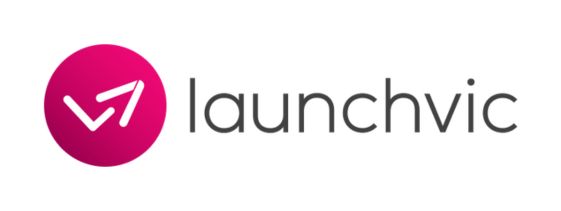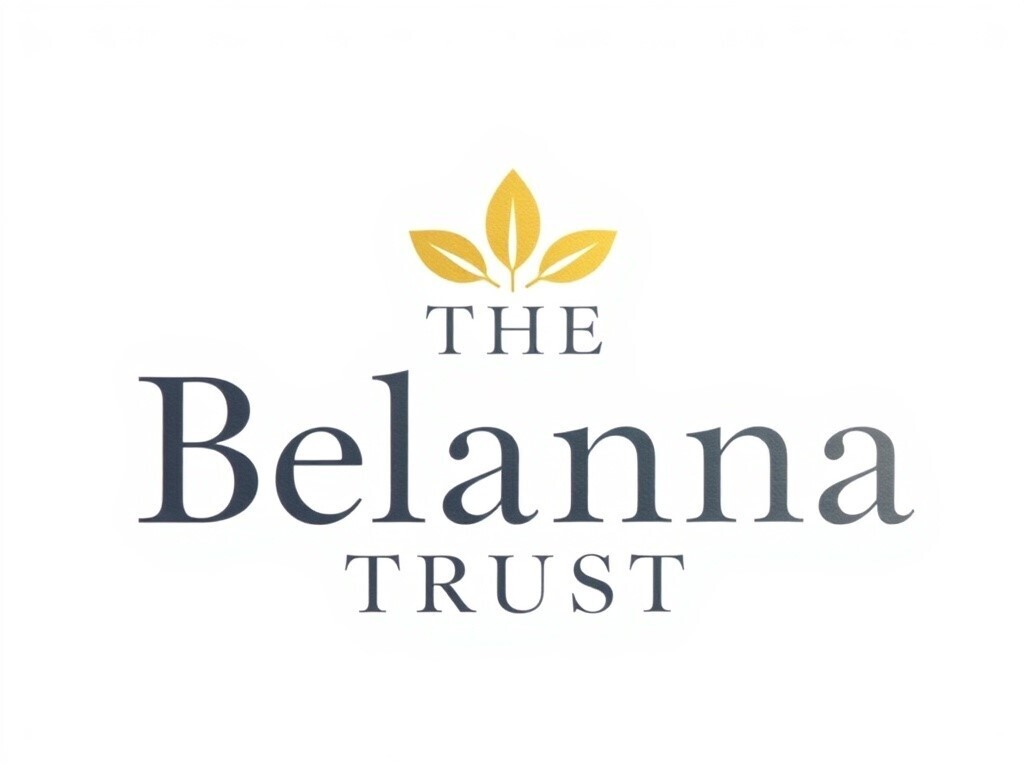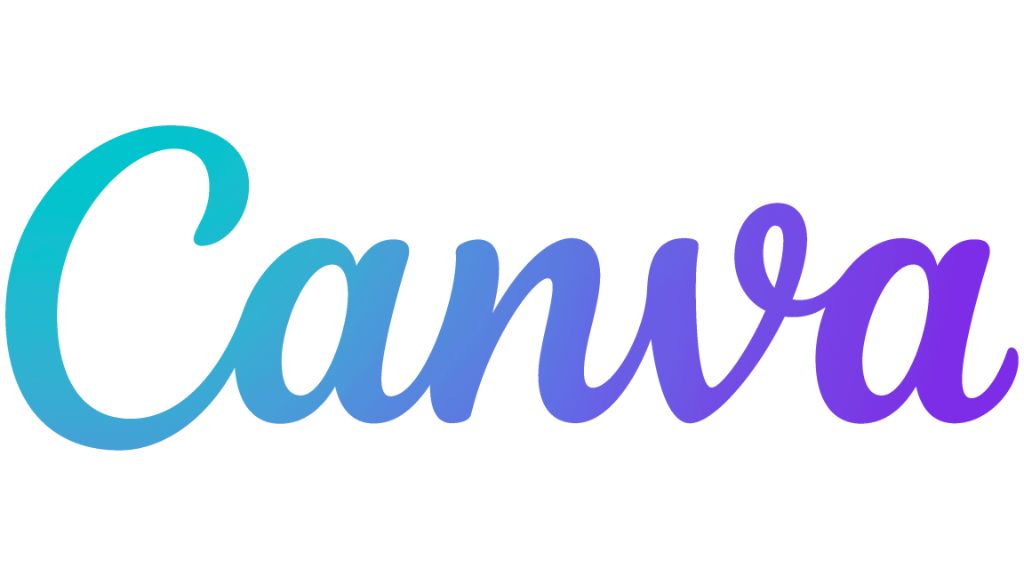What Does It Take To Redefine Beauty And Inclusivity?
You can also stream this episode on Spotify or Apple Podcasts.
Episode Transcript
To access a transcript of this episode click on the drop-down button below.
[00:00:00] Voice Over
We would like to acknowledge the traditional owners of the lands on which we record this podcast. The Gadigal people. This is their land, never ceded, always sacred and pay respects to the elders past, present, and emerging of this place.
[00:00:16]
(Bright, uplifting music with electronic beats and cheerful synth melodies.)
[00:00:17] Voice Over
Coming up on Remarkable Insights
[00:00:19] Storm Menzies
The Remarkable Launcher program was incredible. I was like, I know these products can help people, but I don't know what to do.
[00:00:30] Kate Jenkins
Welcome to another episode of Remarkable Insights. Hi, I'm Kate Jenkins. And today we have Storm Menzies, founder of ‘ByStorm’ Beauty and one of our Launcher Pre Accelerate alumni. Storm has been making waves in the beauty industry by challenging how we think about inclusivity and accessibility.
Her mission? To redefine beauty so that it belongs to everyone. I had the privilege of being Storm's coach through the eight week launch program earlier this year. And I can tell you, she has a lot. Storm, what role did your lived experience play in starting your own inclusive beauty brand?
[00:01:05] Storm Menzies
So I was born with a, I always call it a functional impairment on the right side of my body. It sounds very technical, but I had a stroke when I was born that affected the right side of my body, but I very much lived my life presenting as an able-bodied person. I didn't actually realise how impaired the right side of my body was until I actually broke my dominant hand. So broke it at the gym. Didn't think it was a big deal at the time. I was like, “I'll just do everything with the other hand”. But I went to do my makeup now with my good hand, as I call it, in a cast and realised, my god, I actually can't open a tube of mascara, let alone hold it steady. And I had this realisation moment because I have worked in the disability space for almost 10 years and not once had it crossed my mind until that moment that I was like, “how do people do their makeup if they have a disability?”. And it was this kind of like light bulb moment. So I called one of my friends, who has cerebral palsy and asked her, thinking she's going to tell me about all these wonderfully accessible makeup and beauty brands that I just hadn't heard of, but instead she tells me that doing her makeup is just so hard and that there's no accessible products and she feels in this constant state of wanting to do her makeup, feeling unable to, not wanting to ask for help and just feeling so frustrated all the time.
So for me, it was, I guess, hearing that story and going, Oh” my gosh, I can't believe I hadn't seen this before”. And having that personal experience, I think really made me realise how big it actually is. And I think I also feel a little bit of shame that I hadn't realised it until I actually experienced it myself, but I'd never asked.
[00:03:03] Kate Jenkins
‘ByStorm’ is all about inclusivity and redefining beauty standards. What unique challenges are you looking to solve for people with disabilities?
[00:03:13] Storm Menzies
A lot of makeup is in slippery cylinders that roll everywhere, roll on the ground, and it makes it really hard. So you have to sit still. So when I was designing products, I'm like, “OK, everything needs to be able to sit flat on a bench”. There's issues with people who are vision impaired being able to distinguish products. And I think a common misconception is that if you're vision impaired, you don't want to wear makeup. And that’s absolutely not true, making sure that we design products that have tactile indicators and learning on that as well is that I didn't realise that a lot of the vision impaired community can't read Braille. So all along this journey, I've been learning so much about different accessibility needs. You know, every time I come across a new person with a new need, I'm like, “okay, how can I incorporate that into a new product?”. Like, “how can I change this to make it more accessible for someone?” And you know, we have the product side and then we also have the packaging side now packaging. Oh my gosh, it is so difficult and I'm trying to make all these Accessible products and then I'm putting it in an inaccessible box. Like it didn't make sense to me. So I'm trying to then make packaging accessible has been a whole mother journey as well as just the product So I've had a lot a lot of learnings.
[00:04:37] Kate Jenkins
I love how you're designing for people with disabilities, for people with disabilities. And I know that's been a big part of your journey. So it's awesome to hear about that process that you've gone through and what you're going through. It's so good. Just leading on from that, how do you see the intersection between beauty and disability tech with helping push the boundaries of inclusive design?
[00:05:01] Storm Menzies
The more I guess, community support we get from the wider community and wider society the bigger change will have when it comes from you know, the bigger community bigger beauty brands actually just making makeup and beauty accessible and going hey, it's actually not that hard to make things accessible Let's just make it a standard and not make you know special products for special people. Let's just make everything accessible being the standard and I'm so excited for that to come because it will come it's just gonna take some time
[00:05:32] Kate Jenkins
So when it comes to tech for ‘ByStorm”, are you using 3D printing for your product development? like, do you even think that this would be possible without that tech or tech like this?
[00:05:55] Storm Menzies
Yes, so I have been on a very big journey with that kind of technology. I actually started designing all my prototypes myself. So I didn't realise there was such a thing as an industrial designer.
I just thought that if you needed to make a product, you needed to teach yourself how to 3D model. So I've learned a lot of lessons in this journey, but being able to have access to a 3D printer, teach myself how to 3D model and actually just make prototypes has been so cool. Like it's been a lot of learning, a lot and a lot of mistakes, but also just so cool because I go, I meet someone, and they go, “I have this accessibility need. Can you change this?” And I'm like, “yeah, actually I can. I go back to my computer, I change something on a model, I'll print it. And then I go, “is this it? Does this work?”. And I can test like in real life and the turnaround on printing my products, you know, for the prototype phase is like a day, you know, it may take overnight to print. So I can test things so quickly now and actually bring them back to people and go, “does this work?”. So that's been such a cool, cool thing to be able to do and I'm like you know definitely not a wizard when it comes to 3D printing. I'm learning a lot but it has helped so immensely in this whole like journey of designing products.
[00:07:13] Kate Jenkins
So you've been part of ‘Launcher’, our pre-accelerator program, remarkable. How did the program help you refine your vision for ByStorm especially in terms of tying beauty to disability tech?
[00:07:33] Storm Menzies
First of all, like the Remarkable Launcher Program was incredible. I could not say more positive things about it. I was so nervous to start because I had, you know, this bag of pink and purple silicon prototypes and I had no idea what to do with it. I was like, “I know these products can help people, but I don't know what to do”. And I came very innocently into the launcher program going, “I don't know what I'm going to do. Someone help me”. And It was so incredible. One, just building up my confidence, because I think when you have something which is innovative, “you also grow that, me? Why hasn't this been done before?” You have this imposter syndrome of going, like, “why am I the person to bring this to market? Are you sure no one's done this before? Like, why haven't they? Why me? Surely not”, And you have this kind of loop of self-doubt. Remarkable helped me so much and you Kate in particular helped me so much actually lean into that and go, “it's okay to feel this way, but let's help you get there. Let's help you make you feel like you are the right person to get this to market and to get this into people's hands”. Yeah, I just could not speak more highly of Remarkable. I totally forgot your question.
[00:08:51] Kate Jenkins
You answered the question and it wasn't meant to be compliments to me, but I do appreciate it. Loved being your coach and I learnt so much about this world going through it. So I'm really excited about what's coming up next. As someone at the intersection of beauty and disability tech, what advice would you give other entrepreneurs who want to build truly inclusive products or services?
[00:09:11] Storm Menzies
I think just do it. It sounds really simple and really cliche, but honestly, I think the reason why people don't is because of self-doubt. I think people think “why me, you know, I'm not an entrepreneur”. You think that, you know, only people like Einstein, you have these brilliant ideas that are going to change the world. And you think on this really big macro scale of innovation instead of like looking right in front of you. And if you see something that could be made better, you actually can do that. You can make it better. And that's what I've learned through this, because I never thought that I would be the type of person to be able to make a product or to make a product that hasn't been done before even and be innovative. But I've realised that, like on this journey and meeting so many other startups is that everyone are just people who've had cool ideas and then have the self belief to actually back it. And that also comes with the community around you to support you with that self belief. But I really think if you have an idea about anything that you can make better, no matter how big or small, just do it. You are the right person to do it. If you're coming up with the ideas on how to do it, you're actually the right person to do it. And if it's for a specific need as well, like I had one functional impairment on, you know, one side of my body. I don't have diverse accessibility needs.
So I spoke to people who do. And that has just been, the most eye-opening and beautiful experience and they've made not only my products better, but I've been able to understand the needs of my community, which has just lit this fire in me. And I can't explain it in any other way except for I'm now so passionate every day where I'm having a hard day about, “I don't know if it's worth it. This is so much work and money and all the things that come with being a startup”. I actually read back through some of the interview questions that I've had that I've done. with different people and I watched some of the videos back and I'm like, “okay, this is it. This is why”. Like it's that connection to the problem, not just through myself, but through the community that experienced it that has just had such a profound impact on me personally and on the products.
[00:11:31] Kate Jenkins
Finally, could you leave our listeners with a remarkable insight about beauty, technology and innovation?
[00:11:40] Storm Menzies
I think I like, kind of touched on it before, but I think when it comes to, I don't know, just disability and innovation, I think we think you need to be really smart or a certain type of person. You need to be a scientist or a professor to come up with something really innovative. I think that we're really creative and I've never ever thought of myself as a creative person. I always said, “I'm just, I'm more academic, I'm not creative, but I think we all have the power to innovate”.
And we do it every day. We usually walk into rooms and look at ways we can improve things, whether it's the aesthetic or it's the function of something bigger. I wish it had X, Y, Z. You can actually do that. And I think when it comes to disability tech as well, like if you're a person with a disability listening now and you see something in your room that you're like, “I wish X, Y, Z”. You can do that. You can actually change that. And you have the power to be able to do that.
You may need support and reach out to Remarkable because they're amazing and they'll support you with that. But know that you actually can do that and you are an innovative and really creative person. And I think a lot of that comes down to the self-belief that we are all innovators and creative people.
Episode Overview
In this exciting first episode hosted by Kate Jenkins, we welcome Storm Menzies, Founder of ByStorm Beauty and alumni of our 2024 Launcher Pre-Accelerator program, to share her bold mission to redefine beauty standards and make the beauty industry truly inclusive.
Storm’s lived experience inspired her to design innovative, adaptive beauty tools that challenge outdated standards of accessibility. By combining cutting-edge technology like 3D printing with a deep understanding of user-led design, ByStorm is proving that inclusive design doesn’t just benefit people with disability—it drives innovation for everyone. Tune in to this episode now!
Meet our Guest
Storm Menzies, founder of ByStorm Beauty, is on a bold mission to make beauty truly inclusive. After a decade working in the disability space, a personal injury revealed just how inaccessible and exclusive the beauty industry was for her community. Determined to create change, Storm launched ByStorm to design adaptive tools that seamlessly attach to existing makeup products, making them easier to use for everyone. Storm is passionate about redefining beauty standards - proving that we are most beautiful when we embrace being unapologetically ourselves. That’s what it means to take the world ByStorm.
Video Highlights
Check out some of the highlights of this episode of the Remarkable Insights podcast, now featured in our captioned video reel!
Key Quotes
Below are some of the key quotes that capture the essence of our discussion:
“It’s that connection to the problem—not just through myself, but through the [disability] community—that has had such a profound impact on me personally and on the [ByStorm] products.”
“It’s not just about making makeup for people with disabilities—it’s about redefining beauty so it belongs to everyone.”
“When you have something innovative, you grow that self-doubt: ‘Why me? Why hasn’t this been done before?’ Remarkable helped me so much to lean into that and feel like I am the right person to get this to market.”













